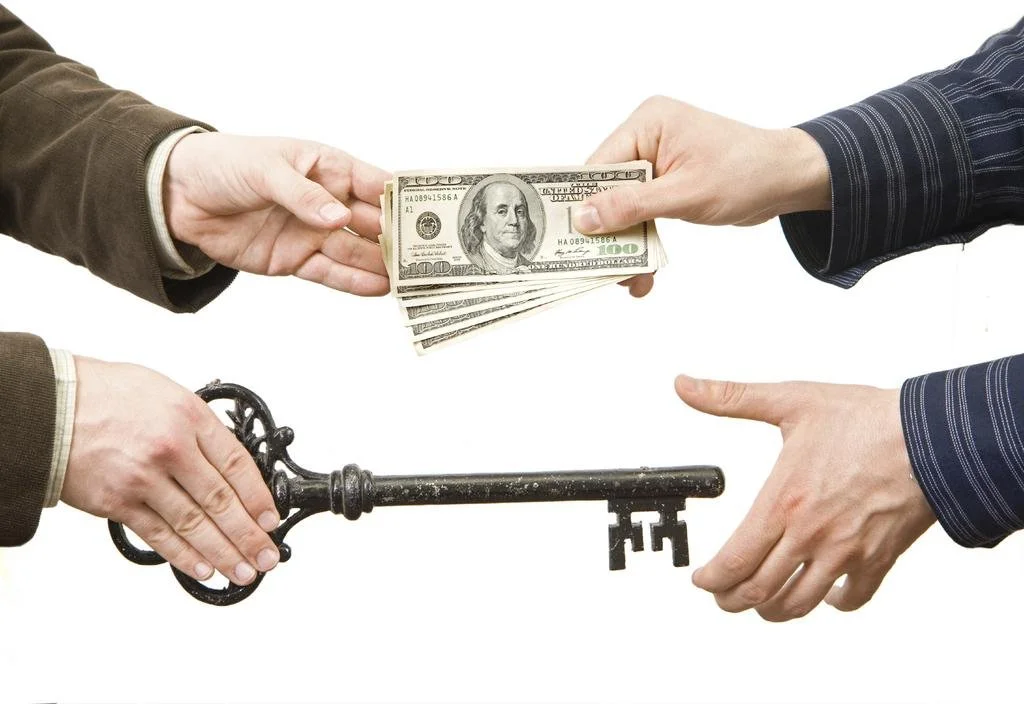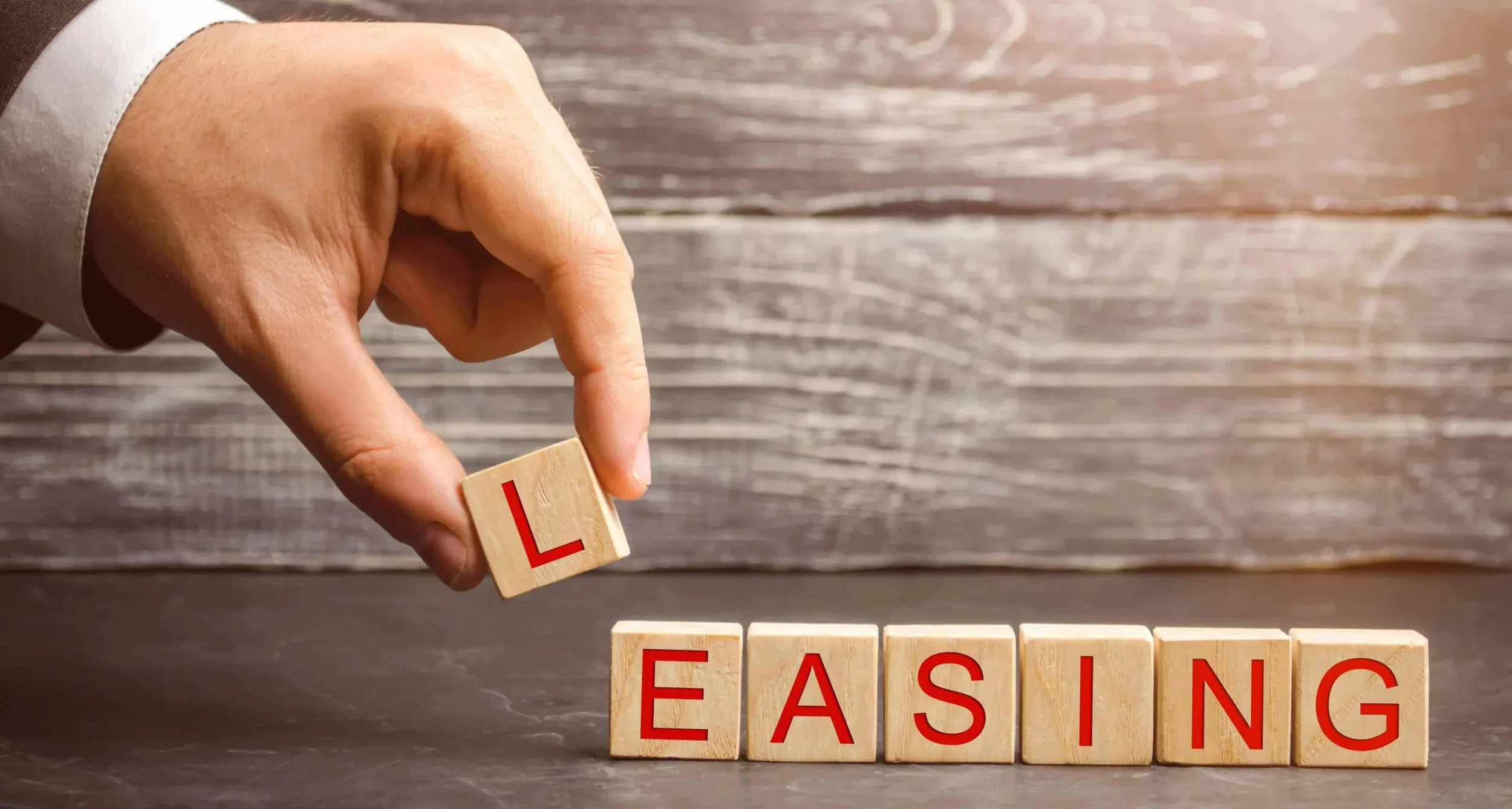Buy or Lease: What’s Right for Your Business?
Should you buy or lease your business equipment? Each option has pros and cons, and the right choice depends on your cashflow, growth plans, and overall financial position.
From delivery vans to specialist hardware, having the right tools at the right time is vital. But the key question remains: purchase outright or lease through monthly payments?
Let’s break it down.
Buying Equipment: Pros and Cons
✅ Pros of Buying
Ownership and asset value – When you purchase equipment outright, it becomes part of your balance sheet and adds to your business’s capital value.
Tax benefits – The cost of the asset may qualify for capital allowances, reducing your tax bill.
Full control – You can use the equipment for its entire lifespan without worrying about lease terms.
Resale value – If your needs change, you can sell the asset and recover some of the investment.
❌ Cons of Buying
High upfront cost – A big lump-sum payment can drain your cash reserves.
Financing risks – If you need to take out a loan, it adds debt and liabilities to your balance sheet.
Depreciation – Equipment can lose value quickly, particularly vehicles or fast-moving tech.
Obsolescence – If technology moves fast in your industry, your asset may become outdated sooner than expected.
Leasing Equipment: Pros and Cons
✅ Pros of Leasing
Lower entry cost – Leasing gives you access to expensive equipment without a large upfront payment.
Improved cashflow – Costs are spread out over time, freeing up funds for other areas of the business.
Upgrades and flexibility – Depending on your lease type, you may be able to upgrade to newer models as technology advances.
Maintenance included – Many leasing agreements cover servicing and repairs, reducing unexpected costs.
❌ Cons of Leasing
No ownership (in many cases) – Unless it’s a capital lease, you won’t own the asset at the end of the agreement.
Higher long-term cost – Over the duration of the lease, you may pay more than if you had bought the item outright.
Contract risks – If cashflow becomes tight, missing payments could mean losing access to essential equipment.
Restrictions – Lease agreements often come with terms and limits that reduce flexibility.
Which Option Is Right for You?
There’s no one-size-fits-all answer. The best choice depends on your:
Current financial position
Cashflow stability
Growth plans
Industry requirements
If you have strong reserves and want long-term stability, buying may be the smarter move. If your priority is flexibility and cashflow management, leasing could be the better fit.
Our Recommendation
Choosing between buying vs leasing equipment is a decision that can shape your cashflow, tax position, and long-term growth.
Before making a commitment, it’s always wise to review your financial position, cashflow, and cost base. We can help you assess the numbers and choose the option that makes the most sense for your business.
📞 Get in touch with us today to discuss whether buying or leasing is right for you.



